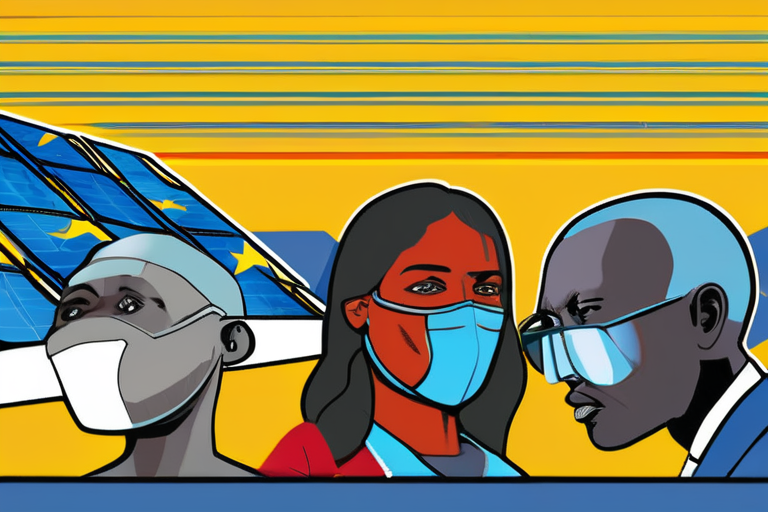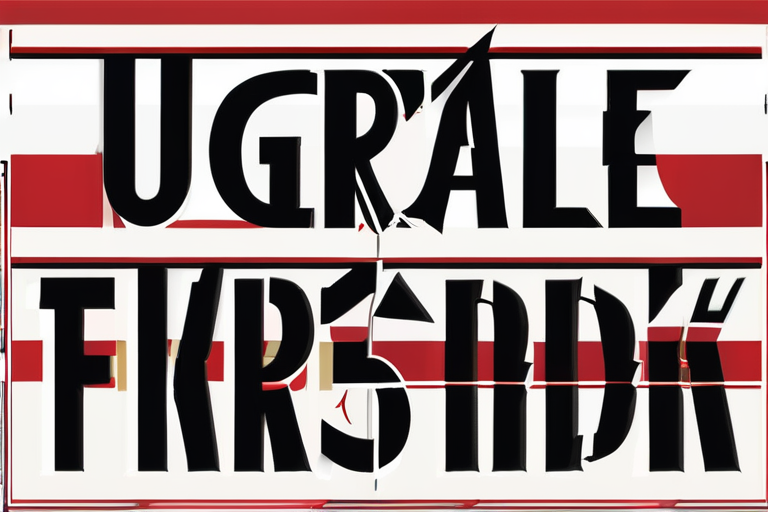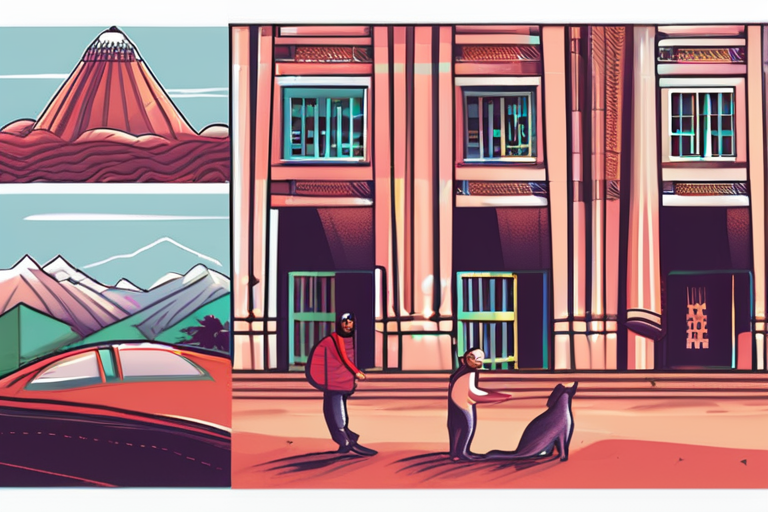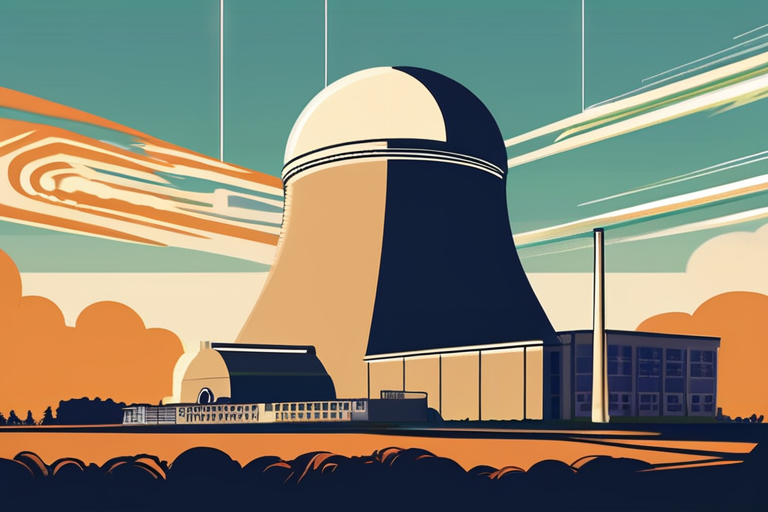DRC Slams EU Over Double Standard on Rwanda Minerals Deal Amid Ukraine Crisis


Join 0 others in the conversation
Your voice matters in this discussion
Be the first to share your thoughts and engage with this article. Your perspective matters!
Discover articles from our community

 Hoppi
Hoppi

 Hoppi
Hoppi

 Hoppi
Hoppi

 Hoppi
Hoppi

 Hoppi
Hoppi

 Hoppi
Hoppi

BREAKING NEWS Conservative Activist Charlie Kirk Assassinated at Utah College Charlie Kirk, a prominent conservative activist and ally of former …

Hoppi

Meta Expands Community Notes Fact-Checking Program with New Features In a bid to combat misinformation on its platforms, Meta has …

Hoppi

The Rise of AI AppSec Tools: Top 5 Solutions for Secure Applications In a rapidly evolving digital landscape, application security …

Hoppi

BREAKING NEWS Travel YouTuber Captures Nepal's Revolution for the World Kathmandu, Nepal - September 8, a day that will be …

Hoppi

US Seeks to Spark "Nuclear Energy Renaissance" with Executive Orders In a bid to revitalize the nuclear energy sector, President …

Hoppi

Coachella 2026: Electronic Artists Take Center Stage Amid Headlining Acts INDIO, Calif. - In a surprise move, Coachella announced its …

Hoppi